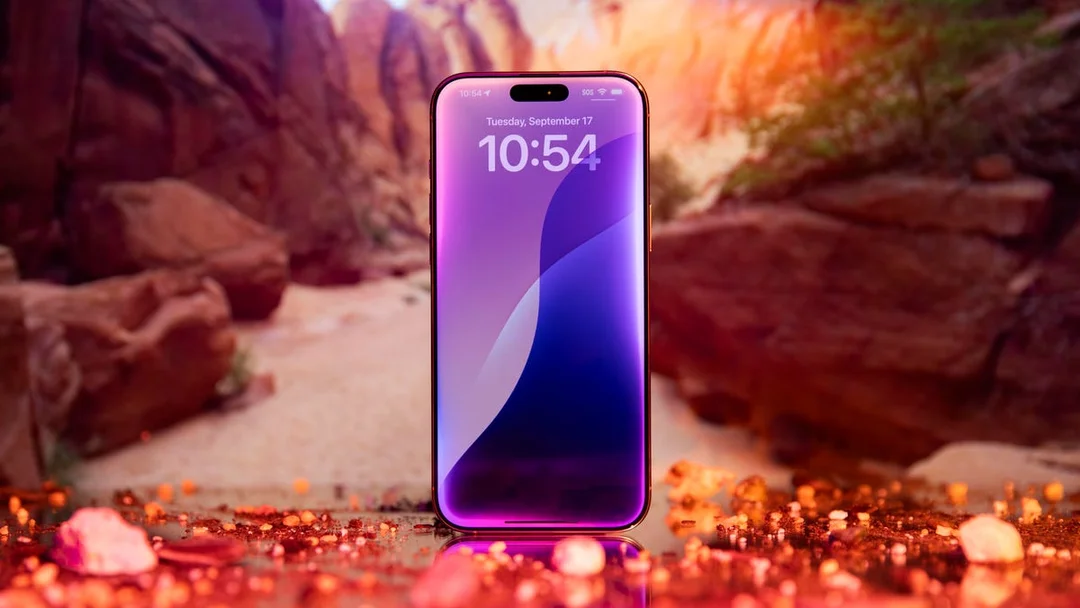
Google’s AI Gambit: Building the Foundation for a Universal Assistant, Apple Struggles to Catch Up
Google is betting big on AI, aiming to create a "world model" that powers a universal assistant. This ambition puts them in direct competition with rivals like Microsoft and Apple, who are also vying for dominance in the AI space. But is Google's vision too broad, or are they laying the foundation for the future of computing?
Recent reports and analyses highlight Google's unique position, built on decades of AI research and infrastructure. According to a report on Business Insider, Google spent 25 years preparing for this AI moment. Larry Page, Google's co-founder, envisioned AI as the ultimate version of Google back in 2000. The company has invested heavily in foundational technologies like TensorFlow and Tensor Processing Units (TPUs), giving them a significant advantage.

Apple, on the other hand, faces challenges. They lack key foundational AI technologies and have been slow to recruit AI talent. Their struggles were evident when they delayed a major update to Siri, their AI-powered digital assistant. Apple may need to partner with rivals like Google or make expensive acquisitions to catch up. As analysts have noted, Apple's current predicament presents a golden opportunity for Google in the mobile market.
According to VentureBeat, Google even processes 480 Trillion tokens per months and is releasing a slew of innovations and technologies around it and integrating them into products.
Google's I/O developer conference showcased their latest AI advancements, including "Project Astra," an AI assistant that can understand the world around you. Bank of America analysts dubbed these AI features a "Trojan horse" for Google's Android products, suggesting that AI will be a major differentiator for Android devices. With upgrades slowing down in recent years, the focus has shifted to the smarts inside the device.
However, challenges remain for Google. They need to balance their relationships with partners like Samsung, who rely on Google's software for their Android devices. Google also needs to protect its lucrative search business while reinventing it with AI. Their renewed bet on XR glasses is a bet on what might be the next-generation computing platform.
Ultimately, Google's success hinges on whether they can translate their AI research and technology into compelling products faster than their rivals. The question remains: Can Google out-maneuver a laser-focused Microsoft, fend off OpenAI’s vertical hardware dreams, and, crucially, keep its own search empire alive in the disruptive currents of AI?
What do you think? Is Google's ambitious AI vision the key to the future, or will another tech giant seize the lead? Share your thoughts in the comments below!